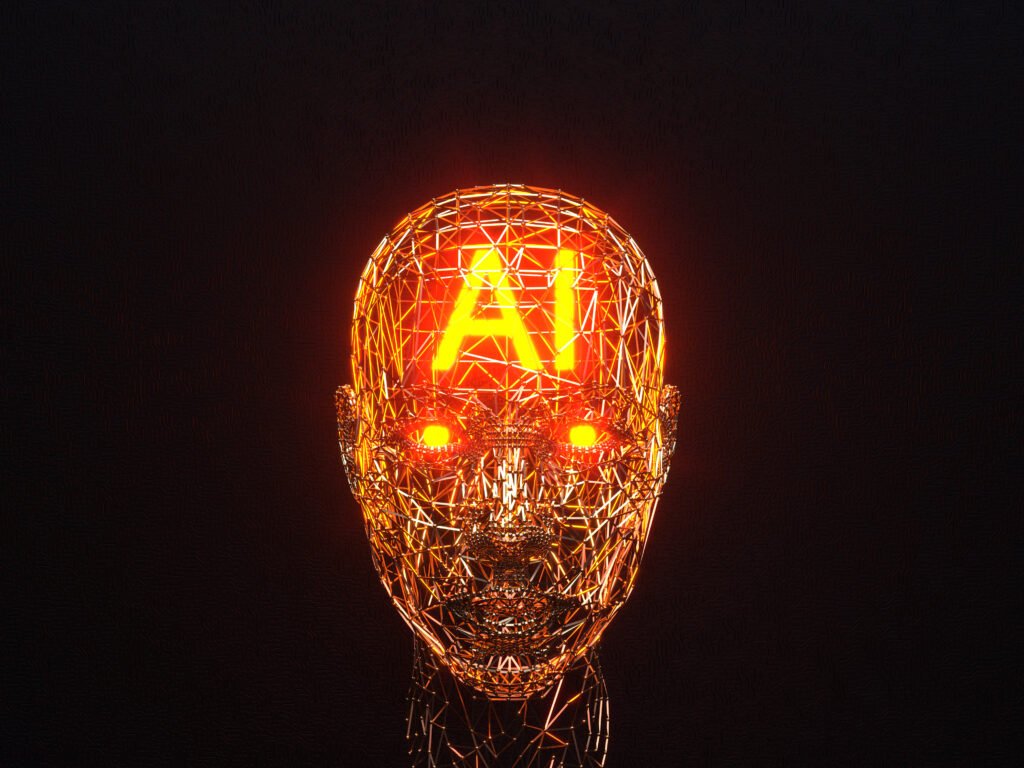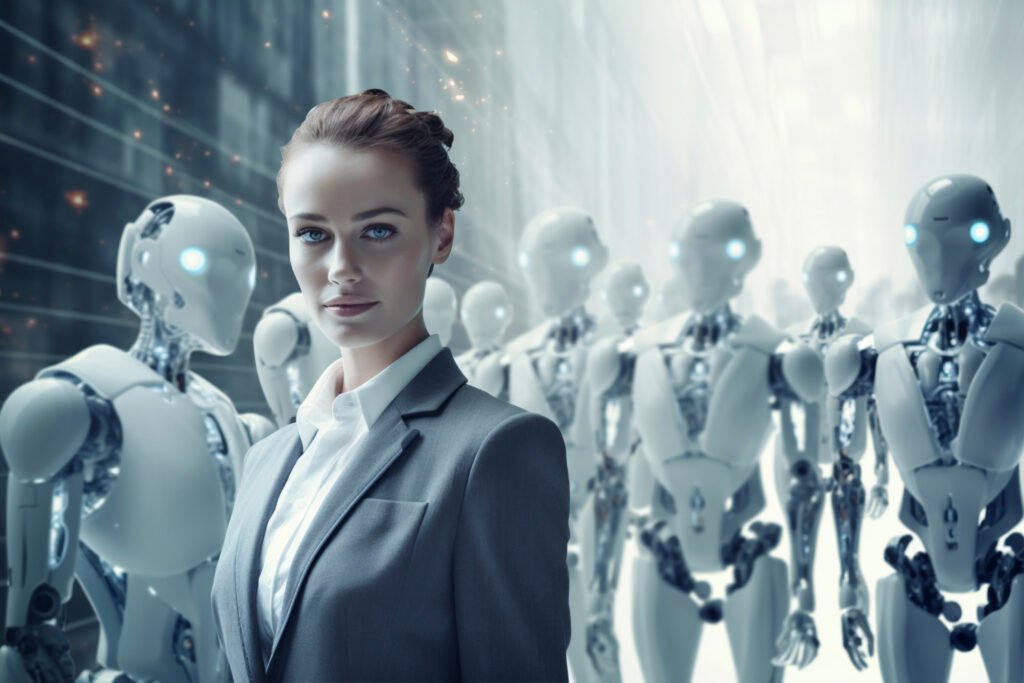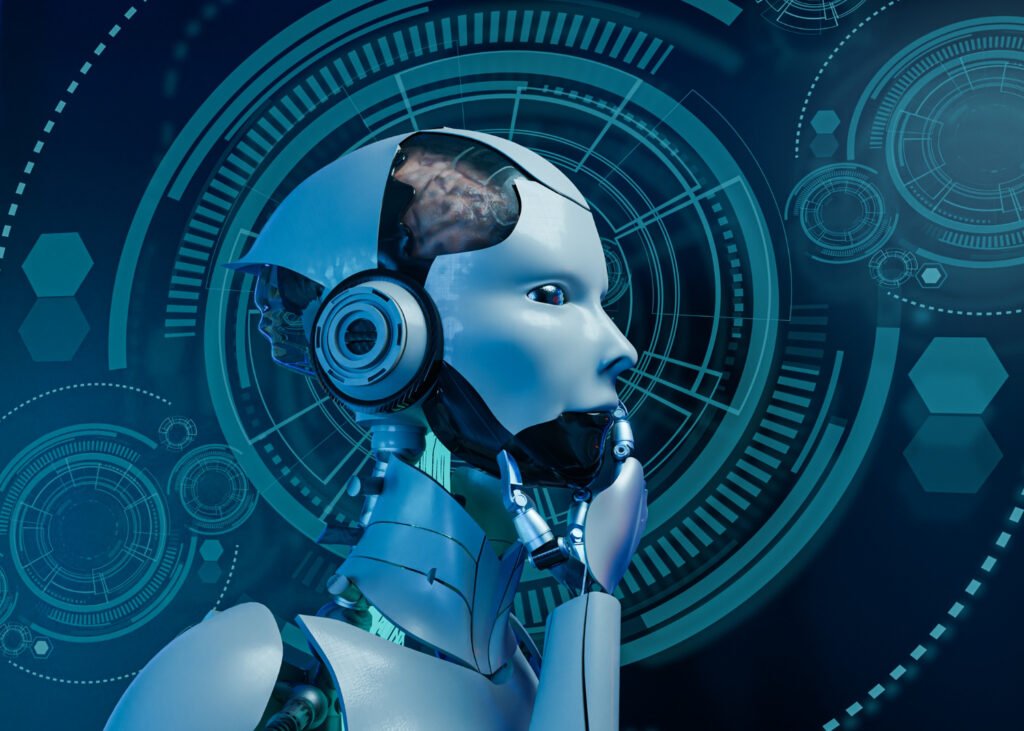Power of Generative AI

Power of Generative AI Generative AI is reshaping the world by enabling machines to create content that was once thought to be exclusively human. From producing art and music to drafting text and even designing software, this advanced subset of artificial intelligence is unlocking endless possibilities. In this blog, we’ll explore how generative AI works, […]
Empowering Businesses with AI

Empowering Businesses with AI Artificial Intelligence (AI) is revolutionizing the business landscape, enabling companies to streamline operations, improve decision-making, and drive innovation. From automating repetitive tasks to delivering personalized customer experiences, AI empowers businesses to stay competitive in an ever-evolving market. This blog explores how AI is transforming industries and helping businesses unlock their full […]
The Future of AI

The Future of AI Artificial Intelligence (AI) has become a cornerstone of innovation across industries, transforming the way we live, work, and interact with technology. As AI continues to evolve, it holds the potential to revolutionize everything from healthcare to transportation, education, and beyond. In this blog, we’ll explore the promising advancements, challenges, and ethical […]
